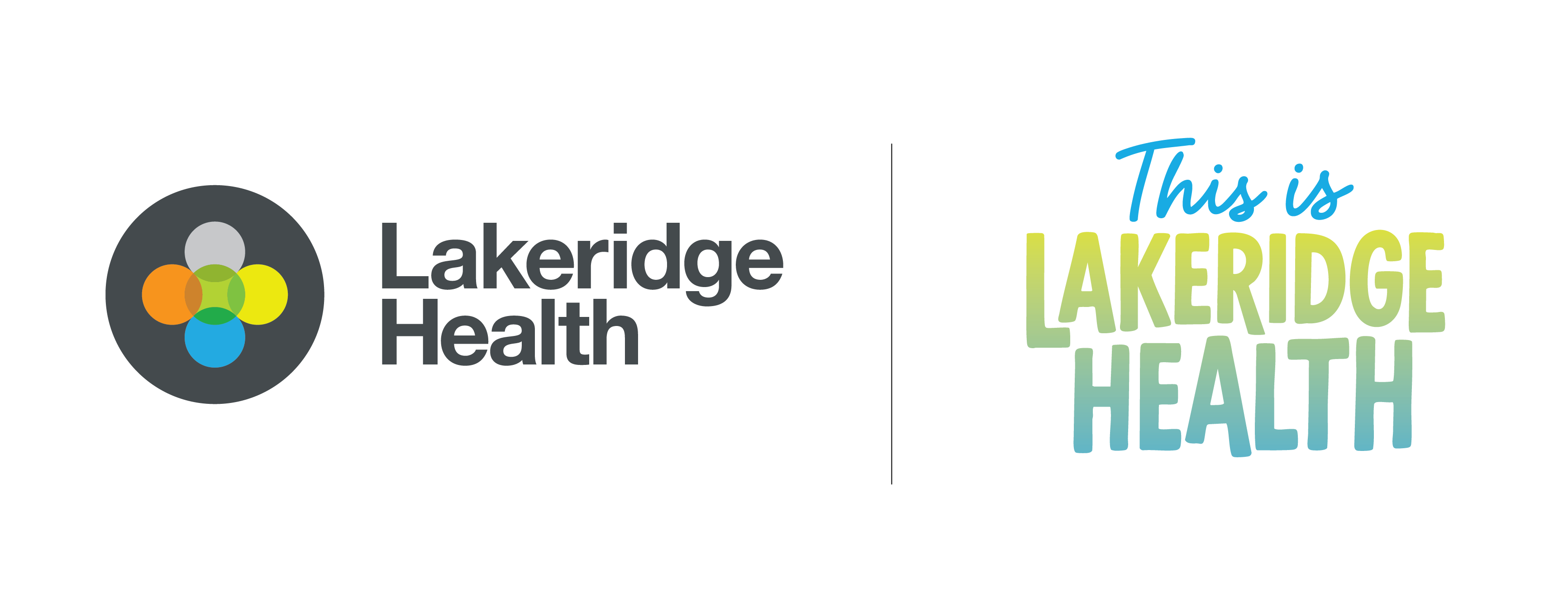Local Trials, Big Impact: How Lakeridge Health is Leading the Way in Research
Each year on May 20, we join the global community in recognizing Clinical Trials Day—an opportunity to reflect on the vital role research plays in advancing health care. The date marks the start of what’s considered the first clinical trial in 1747, when British naval surgeon James Lind tested the effects of citrus fruits on scurvy. Much has changed since then—medical science has evolved dramatically and so have the ethical and regulatory standards guiding clinical research. But one thing remains constant: clinical trials continue to be essential for developing safe, effective treatments and improving patient care.
To mark Clinical Trials Day, we spoke with Carley McPherson, Director of Research at Lakeridge Health, to talk about the exciting research underway across our health system, the unique role of community hospitals in clinical trials, and why local research matters.
What exactly are clinical trials?
Carley: Clinical trials are research studies designed to evaluate whether a new treatment, medical device, or approach is safe and effective for people. Clinical trials help us move from promising lab discoveries to real-world solutions that improve care.
Though methods have evolved since James Lind’s time, clinical trials remain the gold standard for determining whether new treatments outperform the current standard of care.
Why are clinical trials so important, especially in community hospitals?
Carley: Clinical trials challenge the status quo and bring new care options for patients. At Lakeridge Health, we serve a broad and diverse population, which ensures that research findings reflect real-world patient experiences. If trials only happen in large urban centres, we risk missing critical insights that come from including all communities. We also have the advantage of activating trials more quickly and offering earlier access to innovative therapies, close to home. I think individuals are often surprised that we offer the same clinical trials available in downtown Toronto, or that we’re part of large, global studies. It’s ultimately about access, equity, and delivering research-informed care right here in our community.
What kind of research is currently taking place at Lakeridge Health?
Carley: Right now, we have over 150 active studies across our organization. These span our clinical and non-clinical programs and cover a wide range of areas, from oncology (cancer) and critical care to nephrology (kidney health), paediatrics, orthopedics, mental health and addictions, and digital health.
We have a dedicated clinical trials team, and many of our staff and physicians are involved in research that looks at improving symptom management, quality of life, and patient outcomes.
It’s important for our community to understand how much research is happening here. If you're a patient, a care provider or research team member may approach you about a study—or you can ask us about what’s available. Participation is always voluntary, and we aim to ensure that people feel informed and supported when making these decisions about their care.
Lakeridge Health is emerging as a leader in clinical research. How are you helping to shape the future of clinical trials in Ontario?
Carley: We’re co-leading the Activating Research at Community Hospitals Initiative (ARCHi) in partnership with Clinical Trials Ontario. Through ARCHi, we’re strengthening research capacity and expanding access to clinical trials in community hospitals across the province.
We also participate in several national and provincial research networks, including RICH Canada (Research in Community Hospitals Canada), the Canadian Critical Care Trials Group (CCCTG), Canadian Cancer Trials Group (CCTG) and the Network of Networks (N2). Recently, we co-hosted an Eastern Regional Research Meeting with N2, bringing together over 40 organizations committed to strengthening research in community hospitals.
We’ve also formed meaningful partnerships with academic and hospital collaborators, including Ontario Tech University through the Partnership for Advancing Technology in Healthcare (PATH);Queen’s University Faculty of Health Sciences through the Queen’s Lakeridge Health MD Family Medicine program and joint appointments, such as the Dr. Gillian Gilchrist Chair in Palliative Care Research; and, most recently, with the Centre for Addiction and Mental Health (CAMH).
And we’re proud to support more homegrown research —like the launch of our first investigator-initiated clinical trial led by our critical care team. It’s a major milestone in our growing leadership in research.
What is your vision for the future of research and academics at Lakeridge Health?
Carley: We believe health care, research, and education must be seamlessly integrated to build a high-performing health system.
We’re expanding research partnerships, supporting more investigator-led studies, and growing opportunities for learning and academic collaboration. Because we live and work in the communities we serve, we are personally invested in ensuring that care is excellent, equitable, and forward-looking.
We want Lakeridge Health to be known not just as a place where care is delivered, but where the future of care is being created.

